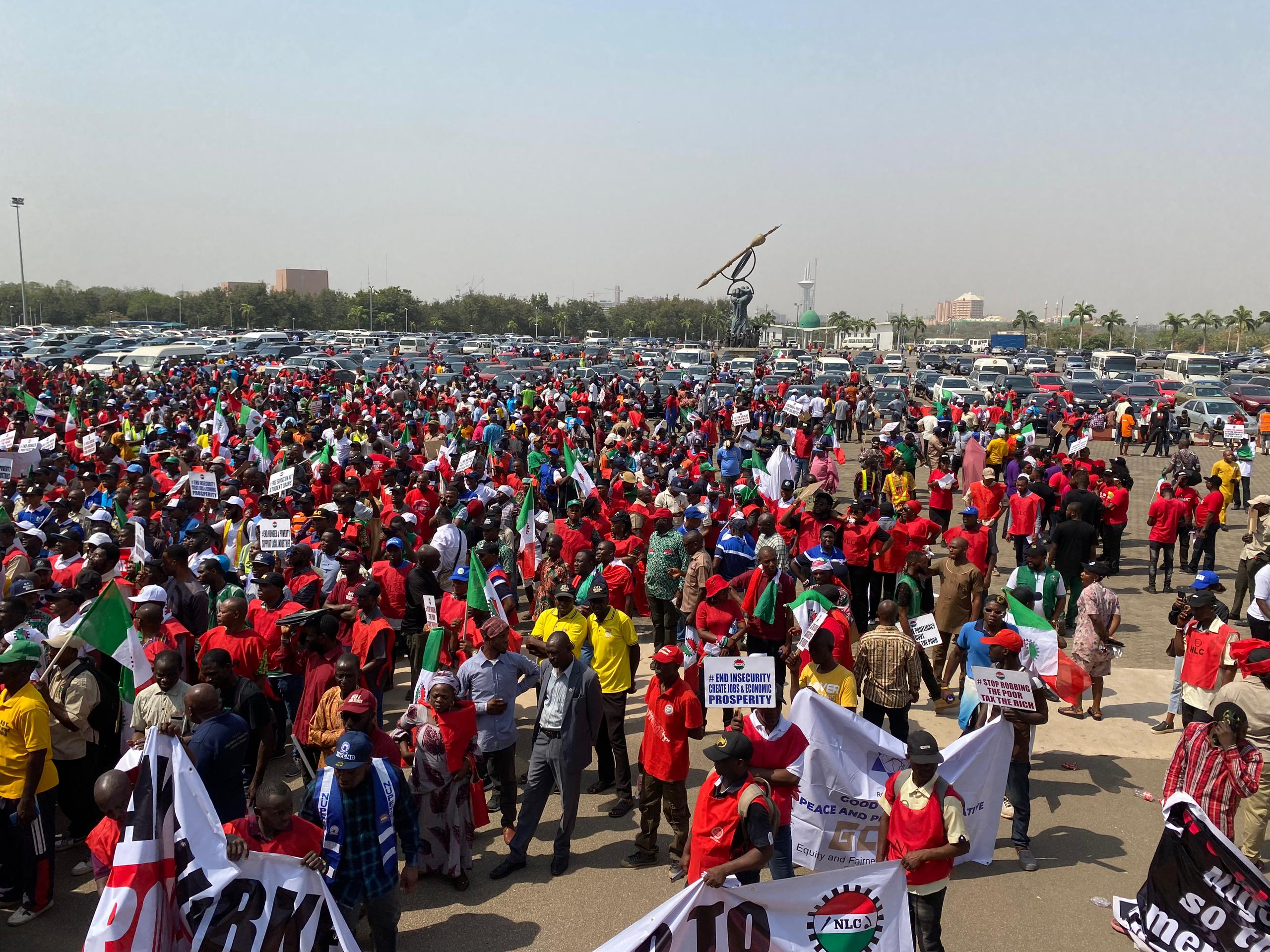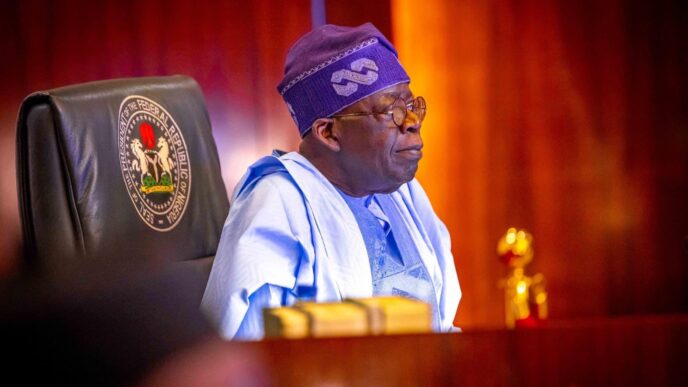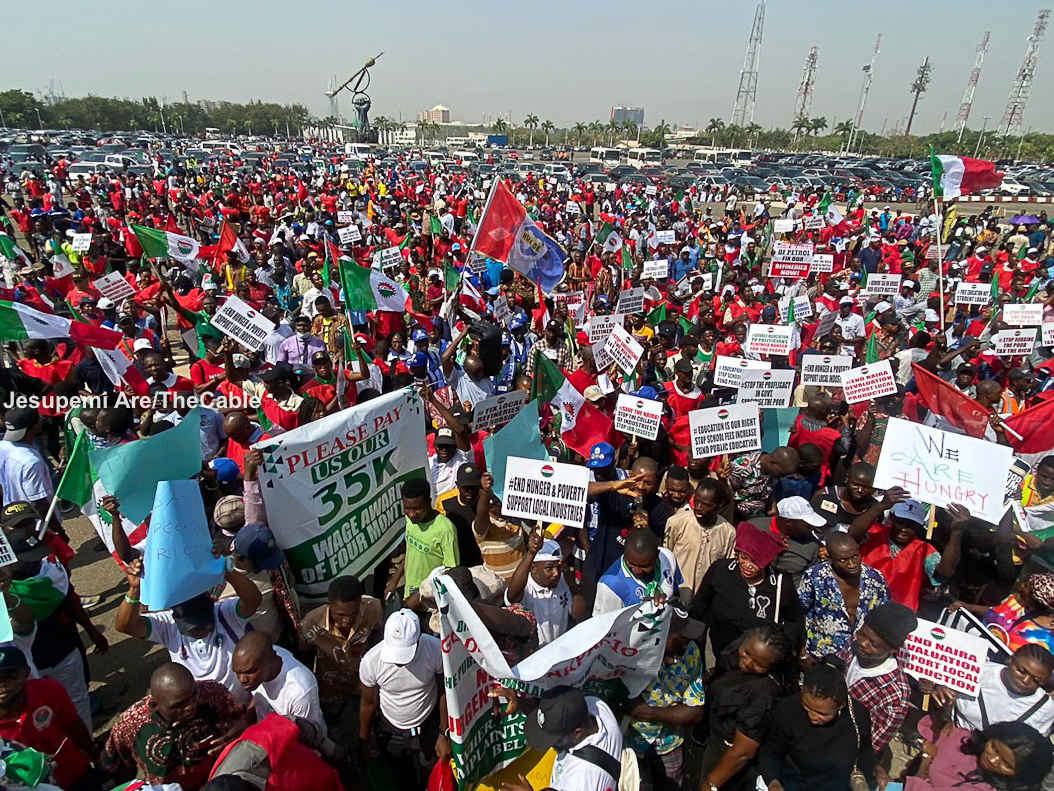BY OGUNGBILE EMMANUEL OLUDOTUN
I have a story, a deeply personal one, of pain, humiliation, and silent tears that came from working under a boss who believed power meant cruelty and authority meant control. It’s a story I carry in my heart like a wound that hasn’t healed, but for now, I’ll save it for another day. Because today is not just Workers’ Day; it is a painful reminder for millions of Nigerians that they are not being celebrated, they are being used, and in many cases, abused.
Workers’ Day has become more of a moment of mourning than of joy, especially for Nigerian workers trapped in the suffocating grip of private sector employers who treat them as disposable tools, not human beings.
In many offices across Nigeria, employees are dehumanised under the guise of loyalty. Some bosses tell their staff, “you are like my son” or “you’re like a daughter to me,” only to enslave them with emotional manipulation. That false sense of kinship is a trap, one that silences protests and binds workers to unpaid overtime, unending tasks, and absolute submission. Under this twisted logic, the lines between professionalism and personal servitude are blurred. One day you’re designing a campaign, the next day you’re cooking, babysitting, or following your boss’s spouse to the salon. This is not work, it is modern-day slavery, painted in the colours of loyalty and love.
Advertisement
Some employees are kept chained by empty promises: the illusion of foreign trips, promotions, or equity shares that never materialize. Bosses dangle hope like a carrot on a stick, all just to keep their staff from quitting. Even worse, many delay salaries for days, weeks or even months, shifting payday to horrible, unpredictable dates, the 5th, 6th, 10th, the 15th, or never at all. How do you build a life or pay bills with uncertainty? Some businesses have money but would rather use it on less significant things, throw lavish parties, fund exotic travels, or buy luxury cars, while their employees beg for survival.
There is no structure in many of these places. No HR, no policies, no boundaries. Employees are expected to work 24/7 without breaks, insurance, or mental health support. Some are denied access to their own families. A staff member who wants to attend a child’s graduation is seen as unserious. A mother who requests time off for antenatal is tagged a liability. A man who misses work because of his sick child is met with sarcasm: “Are you the sick one?”
What’s even more painful is that some of these horrible bosses are not ignorant. They are elite. They understand labour laws, know what human dignity is, and live part of the year in Europe or Canada, places where workers’ rights are sacred. Yet, when they return to Nigeria, they become tyrants in tailored suits. They replicate colonial-era oppression and build corporate plantations where fear, not inspiration, drives productivity.
Advertisement
Even more alarming, some of the most abusive bosses are people we celebrate. Your favourite actor, Your success coaches, the beloved TV host, that admired businesswoman, or the award-winning singer, many of them are running toxic empires behind the scenes. If only we had the courage to ask their staff to speak freely, the truth would shake public admiration to its core. But silence is bought with NDAs, fear of blacklisting, and shame. Behind the glitz of fame and filtered Instagram posts lies a mountain of unpaid salaries, silenced dreams, and traumatised workers.
Some bosses are so insecure that they kill their staff’s dreams deliberately. They steal their ideas without credit. If you suggest a brilliant initiative, it’s suddenly theirs, your contribution disappears, and your ambition is seen as rebellion. Some employers actively sabotage any sign of growth. If you start a side hustle, you’re disloyal. If you pursue further education, you’re threatened. They never want their staff to rise above them, so they clip wings while pretending to mentor.
And even after years of loyalty, some workers never get a salary increment. Inflation skyrockets. Rent triples. Fuel prices go mad. Yet the same salary from five years ago is what they still earn. No pension. No bonus. No acknowledgment. Just “keep pushing.” But how long can a human being push without breaking?
Take real cases like that of a media intern who worked in a popular Nigerian media house and was paid N50,000, for four roles: reporter, editor, scheduler, and camera assistant. Or the personal assistant to a “celebrity CEO” who had to sleep in the office kitchen during election coverage because she was denied transport fare home. These are not rumours; these are real people, and this is everyday life for many.
Advertisement
This Workers’ Day, we must ask the hard questions. Who will save Nigerian workers from their bosses? Who will speak up for the broken, the exploited, the emotionally abused? The ministry of labour? Unions that do nothing for the private sector? Or will we, the public, continue to celebrate the very people who break spirits behind closed doors?
Until the day I tell my own story, let this be yours. A call to action. A cry for justice. A demand for dignity. Because Nigerian workers don’t need pity. They need protection. They need fairness. They need freedom. Because no one, no one, deserves to be broken in the name of work.
Ogungbile Emmanuel Oludotun can be contacted via [email protected]
Advertisement
Views expressed by contributors are strictly personal and not of TheCable.










